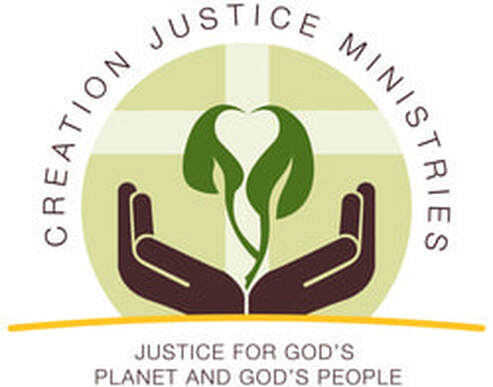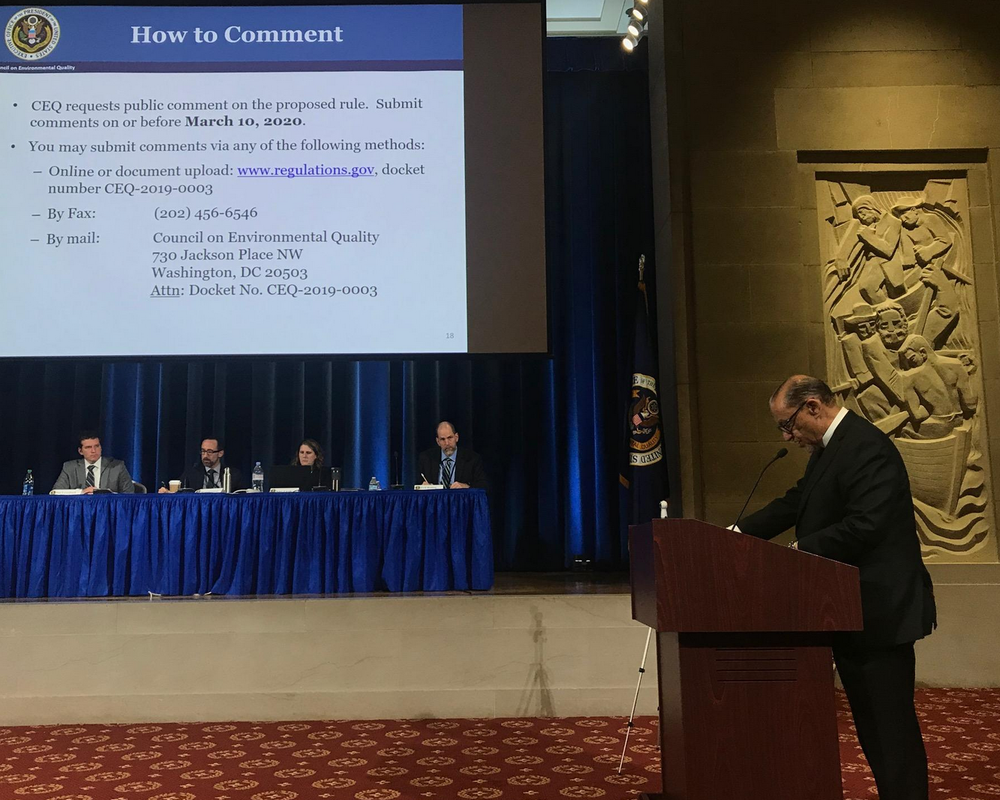|
In Sisters of the Yam: Black Women and Self-Recovery, bell hooks wrote, “Collective black self-recovery takes place when we begin to renew our relationship to the earth, when we remember the way of or ancestors….Living in modern society, without a sense of history, it has been easy for folks to forget that black people were first and foremost a people of the land, farmers.” Persons, who are still farming in various states across the United States, are carrying on the fight for economic and civil rights for land-based African American people. This fight began during days of slavery. In 1920, African Americans owned nearly 15 million acres of farmland. Due to racism, violence, and massive migration from the rural South to the North have caused a steady decline in the number of Black farmers. Institutional racism in agricultural policies of the USDA has played a major role in the decline of Black farmers. By 2007, African American farmers numbered about one in seventy, together owning only 4.2 million acres. One of the most impressive contemporary examples of an organization, that grew out of the civil rights movement, that helped organize and support Black and small farmers in rural communities, is the Federation of Southern Cooperatives. The federation formed in 1967 and today have more than 100 coops in its membership across the South in sixteen states. Other organizations like the National Black Farmers Association, the Black Farmers and Agriculturalists Association, the Land Loss Prevention Project, along with the Federation of Southern Cooperatives have been challenging racism in agricultural policy through legal action.
There is on the horizon, a fast-growing movement of African Americans reclaiming their connection to their urban land and their food. This is being done as part of food justice and food sovereignty movements. People’s Grocery and Mo’ Better Food in Oakland, Growing Power, Rooted in Community, Detroit Black Community Food Security Network, and many others are organizing with farmers and connecting African American growers and consumers. The work of these groups includes youth programs and urban gardening in areas where access to healthy, affordable food is limited, which is the case in many low-income and people of color communities. More importantly, these groups, particularly the Detroit Black Community Food Security Network, are working for communities of color to have democratic control over their own food systems. Raising awareness, relative to the ways that African American communities and communities of color have been sidelined with the food movement itself, is one of these many organizations’ major roles. It is critical that various groups involved, that are enabling communities of color gain democratic control over their food systems, continue to educate and organize, nation-wide, on structural racism as it impacts health, farming, food and land. These organizations have shown that they are determined and committed to breaking and knocking down barriers to food production and food access. There is a need to have persons and organizations join the world-wide movement for food sovereignty in their own communities. This will afford citizen control over food and agriculture to exist globally. Achieving racial justice in the food systems is not the sole burden of African Americans but a people’s clarion call all over the earth! Raising awareness of systemic disparities and working together to end them is a God’s responsibility of humankind’s survival. Dr. Betty Whitted Holley is the Director for the Master of Divinity Degree Program and Associate Professor of Environmental Ethics & African American Religious Studies at Payne Theological Seminary. She also serves on the board of Creation Justice Ministries.
1 Comment
 February 27, 2020 Creation Justice Ministries applauds the historic Environmental Justice for All Act put forward today by US House of Representatives Natural Resources Committee Chair Raúl M. Grijalva (D-Ariz.) and Rep. A. Donald McEachin (D-Va.). We know that we are entrusted by God with care for creation and love of neighbor. The transformative change envisioned by this bill is a crucial step forward as a nation to better embody and live out both principles. We especially affirm the following aspects of the Environmental Justice for All Act:
Creation Justice Ministries affirms the dignity of all God’s children, and therefore we lift up our moral imperative to seek environmental justice for people of every race, economic status, gender, ethnicity, sexual orientation or religious affiliation. Creation Justice Ministries represents the creation care policies of 38 Christian traditions, including Baptist, mainline Protestant, Historically Black, Peace, and Orthodox communions. Learn more at www.creationjustice.org Contact: Shantha Ready Alonso, Executive Director 202-618-2501 (mobile) Good evening, members of the Council on Environmental Quality.
My name is Bishop Carroll Baltimore. I am Vice President of Creation Justice Ministries representing the policies of more than two dozen Christian denominations that join together to protect, restore, and rightly share God's creation. Through our membership, we serve approximately 100,000 churches and 35 million people. We have grave moral concerns regarding potential changes to the National Environmental Policy Act (NEPA). Proposed revisions to NEPA are inconsistent with NEPA’s central purposes. Among those purposes are three that people of faith hold with special regard:
These purposes of NEPA mirror Christian community values embodied in Jesus’ Great Commandment: to love the Lord God with all your heart, soul, and mind, and to love your neighbor as yourself. By loving our Creator God, we show respect for what God has made. We are entrusted with the care of creation for our short lifetimes, and to ensure the gifts of God’s creation can sustain life for our children and generations to come. NEPA helps our society evaluate how development will impact God’s creation. The NEPA process gives us, on a societal level, an opportunity to “love your neighbor as yourself.” It requires project planners to listen to those who could be most impacted by a proposed project, including the most vulnerable. If a project will hurt neighbors by making it hard for them to breathe, drink safe water, grow food, catch fish, or freely practice their religious faith, it is our shared moral responsibility to show love for our neighbors by preventing harm from a project. As Christian communities, we often find ourselves on the front lines of response to emergencies. We rally resources with compassion to respond to devastating circumstances. Some of the most devastating emergencies in our recent ministry are related to short-circuiting or undermining of the NEPA process. April 20, 2020 will mark 10 years since the devastating Deepwater Horizon oil spill disaster. BP and other oil companies developing offshore drilling sites in the Gulf of Mexico were exempt from standard NEPA planning processes. In its wake, we ministered to fisherman families not only seeking new ways to support themselves, but also devastated by the loss of identity after generations of family business out in the midst of God’s magnificent marine creation in the Gulf. Now, in addition to the Trump Administration’s proposals to expand offshore drilling, this proposal to weaken NEPA means offshore drilling can proceed with little to no review. It would limit the information the government has to evaluate the impact on endangered marine mammals, coral reefs, and coastal ecosystem protection and restoration. Ten years later, have we learned nothing from the suffering from Deepwater Horizon? We have also witnessed the devastation of Native American burial grounds and sacred sites as a result of an ignored or undermined NEPA process. As Christians, we stand with people of all spiritual traditions to defend their religious freedom. Right now, the wall construction area on the US-Mexico border is a virtually lawless zone where NEPA requirements are waived. As a result, the Tohono O’Odham Tribe burial grounds are being bulldozed this month. Chairman of the Tohono O’Odham Ned Norris said, “There is no difference between what they have done here and imagine someone coming with a bulldozer through Arlington National Cemetery.” Additional sites sacred to the tribe are under immediate threat as construction continues. Some religious leader delegations have gone to the border to witness this tragedy, and call on Congress to intervene. This feels like a repetition of just a few years ago, when the Standing Rock Sioux Tribe watched with horror as their sacred burial grounds were bulldozed to make way for the Dakota Access Pipeline. Faith communities organized to send camp supplies such as firewood, and provide peaceful public support. Just when we thought the NEPA worked to prevent any further damage from proceeding to the river they depend on for bodily and spiritual sustenance, the Trump Administration overrode the result. We were deeply troubled by the expedited review process to drill in the Arctic National Wildlife Refuge, and its opening for leasing. The coastal plain of the Refuge, which is the site of the Gwich’in creation story, and is what they call “the sacred place where life begins.” If we are to follow Jesus’ Great Commandment, we need structures in place to respect what God has made and to show our neighbors love. Any proposed NEPA changes should enhance our ability as a society to live in the spirit of Jesus’ Great Commandment, not undermine, expedite, or exempt anyone from it. |
About this BlogThis blog shares the activities of Creation Justice Ministries. We educate and equip Christians to protect, restore, and rightly share God's creation. Archives
July 2024
Categories
All
|
Photo from johndillon77

 RSS Feed
RSS Feed